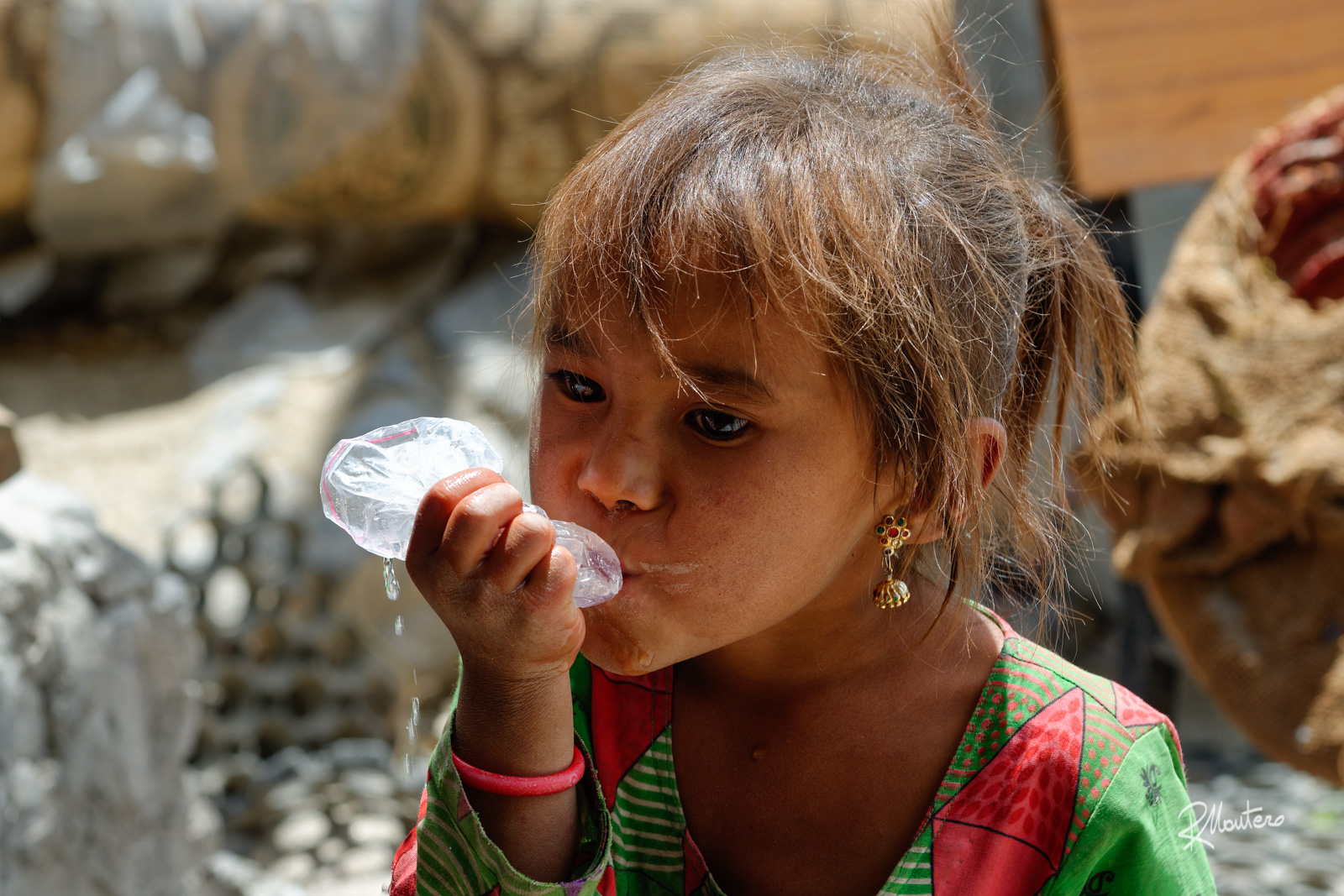Water scarcity currently affects billions of people worldwide. In the coming years, it is expected to become increasingly severe due to global climate change. In order to mitigate the devastating consequences of water scarcity, national governments will face the challenge of crafting strategies for preserving their natural resources. When doing so, they may look to the precedents set by countries already grappling with water crises. Some, like Egypt, Jordan, Afghanistan, have turned to an unlikely source in their conservation efforts: religious leaders. The promising results of these efforts suggest that the role of religion in promoting resource protection cannot be understated. The impact of religious leaders should be taken into consideration in the strategies states adopt to minimize the impact of climate change.
In Egypt, President el Sisi’s government has called on the leaders of religious congregations to incorporate the virtue of water conservation into their prayers. These “government-dictated sermons” are largely in reaction to Ethiopia’s continued construction of the Grand Ethiopian Renaissance Dam, a $4.5 billion project that will enable the nation to constrict the flow of the Nile River. Since the Nile is the primary source of freshwater for Egypt’s nearly 100 million citizens, Ethiopian control over the river is perceived as an existential threat by the leadership in Cairo. At the same time, pollution of the Nile River within Egypt’s borders is also contributing to this issue. The Egyptian government’s campaign to promote water conservation did not only garner support from imams—those who lead prayer in mosques—but also resonated with priests belonging to the Egyptian Coptic Orthodox Church, a Christian religious minority.
Egypt is not alone in employing such a strategy. In Afghanistan, the Ulema Council, the state’s highest religious authority, called upon the faithful “not to waste water” while dealing with dwindling supply in the capital city of Kabul in 2019. The state’s efforts also involved a four-day long workshop on water conservation with hundreds of imams in attendance. In Jordan, the German Federal Ministry for Economic Cooperation has partnered with the Jordanian Ministry of Water and Irrigation to implement a similar program to Egypt’s. Here too, imams across the country have become so-called “water ambassadors,” preaching responsible resource consumption in order to ease pressure on the country’s limited reserves, which have been exhausted by the influx of refugees fleeing the Syrian Civil War.
While it has been more difficult to trace the direct effects of religious leaders preaching conservation in Egypt and Afghanistan, the program in Jordan has led to tangible changes in citizens’ views on resource conservation. According to surveys, adding messages of water conservation increased the percentage of people in local communities who consider wasting water to be unethical by 18 percent. The same study also found that this initiative helped to dispel the perception that water is an unlimited resource that can be used without consequences.
Although Jordan’s inclusion of religious leaders in its water conservation campaign is just one successful case study, other research indicates that religion can facilitate environmental advocacy. A 2006 study surveying over 500 Egyptians found that increased religiosity—referring to the Islamic faith, in particular—was positively correlated with pro-environmental behaviors. This data substantiates the efficacy of the programs in the Middle East by demonstrating that religious audiences will be receptive to the idea of preserving natural resources.
While these sources point to the potential of religious leaders in promoting resource conservation, especially given the success of the program implemented in Jordan, it is important to recognize that these initiatives have taken root in countries whose inhabitants largely belong to the same faith. In Afghanistan, Jordan, and Egypt alike, over 90% of the population identifies as Muslim. This raises an important question: can parallel initiatives implemented by governments in more secular, multi-denominational countries prove equally effective?
In the United States, a religiously diverse country with no established faith, the voice of religious leaders nonetheless carries sway. In response to the COVID-19 outbreak, for example, the Centers for Disease Control and Prevention (CDC) has crafted a plan of action for how community and faith-based organizations can contribute to mitigating the ongoing pandemic. The CDC attests to the influence of religious groups: “[community and faith-based organizations], working together with schools, businesses, healthcare systems and state/territorial and local (and, if applicable, tribal) health departments, have an important role in slowing the spread of diseases.” Imagine the possibilities if religious leaders also put their efforts towards combating a different global crisis: climate change.
While the results of programs encouraging resource conservation through the influence of religious leadership are limited at this point, evidence from conservation efforts in Jordan point to the potential of this strategy. At the same time, responses to the Coronavirus outbreak show that religion can serve as a powerful tool in nations without an official faith, too. When strategizing on how to deal with the adverse effects of global climate change, governments of all states should not overlook the importance of the clergy.
Photo: Image via Flickr (Riccardo Maria Mantero)
Special thanks to Indigo Pellegrini de Paur for help with this article.
